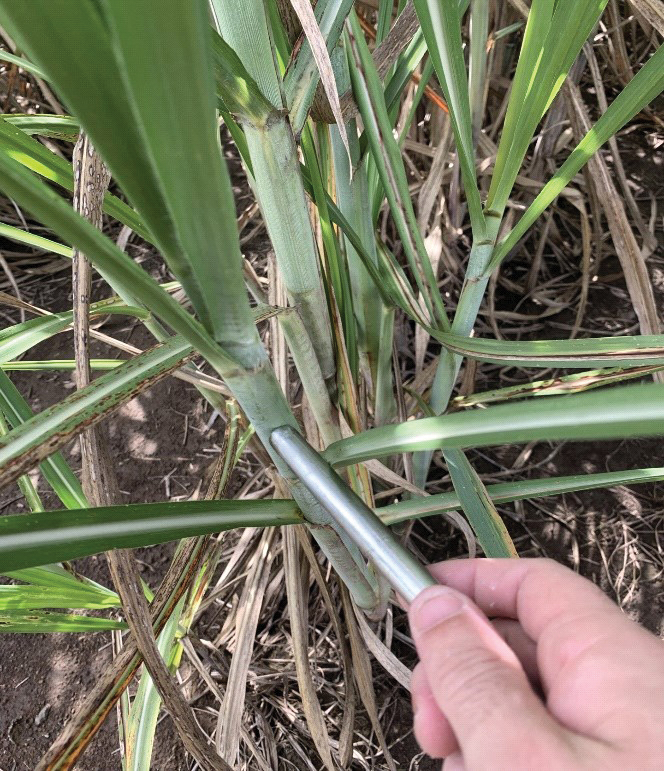


By Joseph Borg, Chairman, CANEGROWERS Mackay
Prime planting time is almost here for growers, and after the challenges of a wet start to winter, it’s important to make time for getting clean seed planting material.
The beginning of the crush has been very much a stop/start affair due to the consistent rainfall events which the majority of the district have been experiencing over the first month of the crushing season.
Paddock conditions vary by the locality, but the general rule is that they are very wet to moist, at the time of writing. We require some substantial periods of prolonged sunshine to help dry out the district to improve harvesting conditions. CCS (sugar content) has been slightly up on previous years however the stand over cane is very much a mixed bag.
Across both Mackay and Plane Creek milling areas we are dealing with a lot of cane that remained uncut in 2024: standover cane. Being older, the CCS can be iffy, and it is often harder for the mill to process.
One of the other effects which this rainy June-July has had on growers is that very little early planting was achieved. Wet field conditions have narrowed the planting window period. Even with this situation occurring, and the compressing of the planting timeframe, growers make use of several important tasks which are essential at this time of year, prior to planting.
Firstly, we are fortunate in the Mackay and Plane Creek region to have very low levels of Ratoon Stunting Disease (RSD). This debilitating sugar cane disease can have catastrophic impacts on productivity and farm viability. Unfortunately, this disease is rampant in some other areas of the state.
Our low levels of RSD in this region is primarily due to the terrific work which the local productivity boards - Mackay Area Productivity Services and Plane Creek Productivity Services - perform in inspecting and testing seed cane sources before planting has commenced. Growers are reminded of the importance of this critical step in the planting process.
Growers are given the opportunity to receive clean seed and new varieties from their local productivity board clean seed plot. Not only does this help in the prevention of disease, but trials have indicated significant productivity gains are to be achieved by continually updating your planting material from these seed plots.
Whilst it is a very time-consuming and, at times, a painstaking process to go and collect and plant this clean seed, the benefits far outweigh the negatives and growers are reminded not to forget about his invaluable process during this hectic time of the year.
Finally, to help control the spread of Ratoon Stunting Disease, growers, harvesting contractors and planting contractors are reminded of machinery sterilisation procedures which are quite simple but effective in mitigating the spread of infection of this devastating disease.
Prevention is always better than the cure, for the hip pocket and for sustainability.
If we all work together on this, we can certainly maintain the low infection rates across our region.
Some of the crew taking billets back to the sampling station, while walking each row to check for RSD. Photo credit: MAPS
Productivity services work hard to prevent RSD